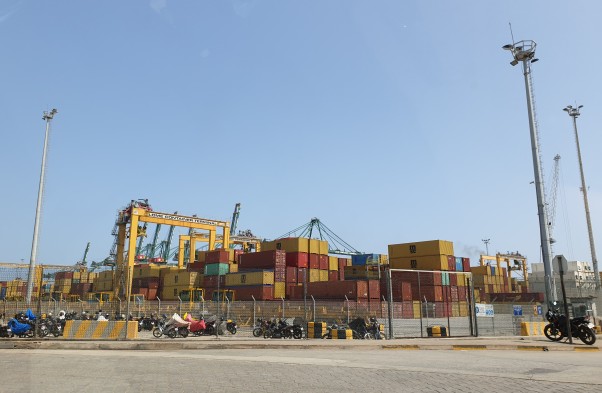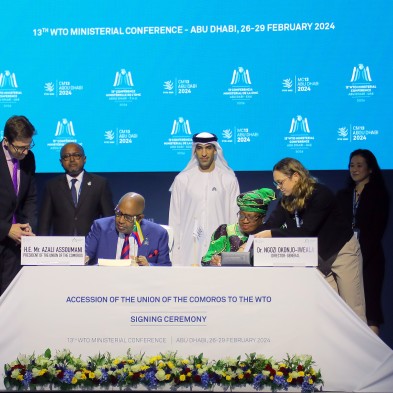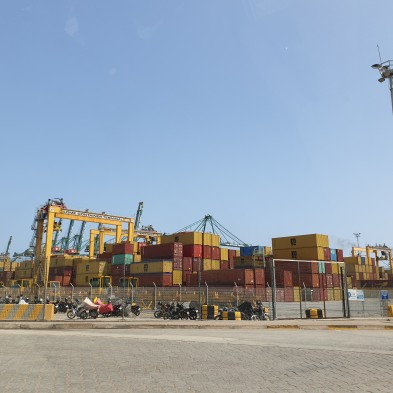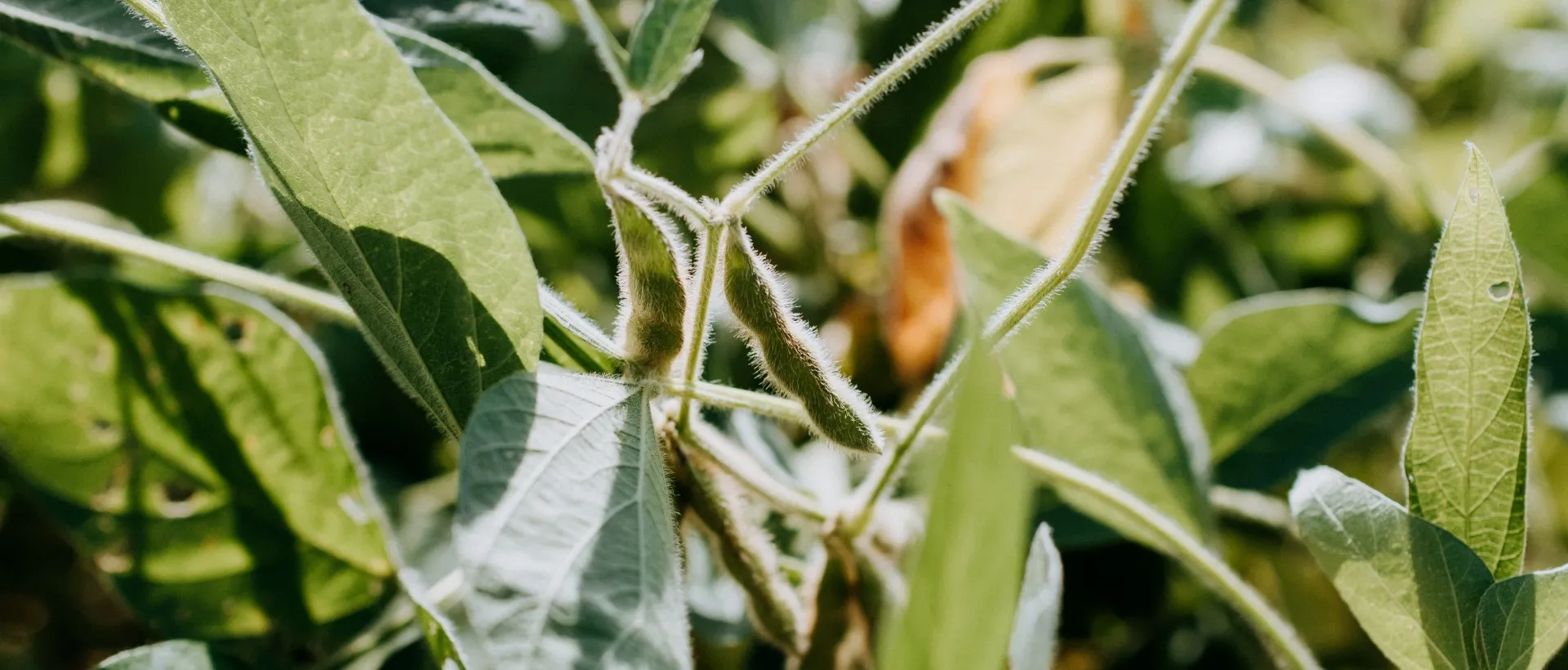
The Togolese Republic, located on the West coast of Africa, possesses considerable production potential due to the diverse climate and vast arable lands. As one of the least developed countries (LDC), in 2022 Togo had a GDP of 8.2 USD billion (World Bank, 2022) and a GDP per capita of 930 USD (World Bank, 2022). The primary drivers of its economic growth are the agriculture sector and mining resources.
Agriculture stands as one of the most important sectors in Togo, employing a majority of the country's workforce and producing food crops such as cereals, tubers, and soybeans. While food crops dominate the agriculture sector, cash crops like coffee, cocoa and cotton also contribute significantly to the country's economy, accounting for 20 per cent of its export earnings.
Togo is facing an increasingly severe situation of trade deficit. Although the export of agricultural products has been increasing slightly, the imports, mainly manufactured goods and fuel, have increased substantially. To increase export revenue and cut down the trade deficit, Togo's National Development Policy aims at building domestic production and consumption capacity to reduce the dependence on imports by developing the priority sectors. The Strategy for Accelerated Growth and Employment Promotion (SCAPE), the Government's 2020-2025 Roadmap and Vision 2030 all identified trade as a key driver for poverty reduction, job creation and sustainable development.
To support Togo to advance these national goals, the Enhanced Integrated Framework (EIF) has funded 9 projects and 3 regional projects in Togo since May 2008.

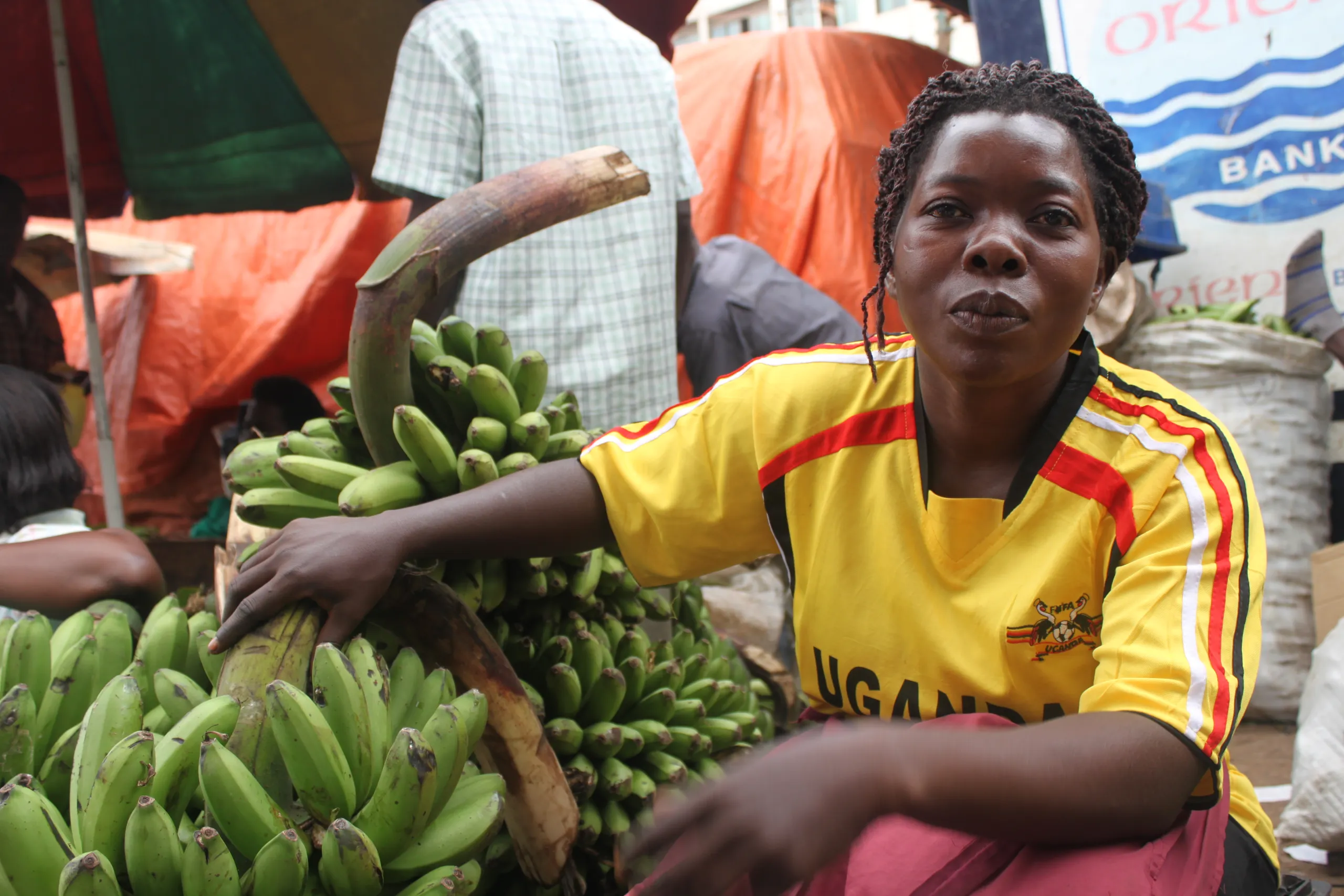
- Multiple producers' cooperatives were established mainly in the priority sectors. In the shea sector, cooperatives were formed for women shea stakeholders, thus empowering women producers to negotiate for better prices. In the soya sector, EIF organized stakeholders into several associations, offering training on good farming practices and the ways to obtain organic certificates for soybeans.
- Togo made progress towards AfCFTA engagement by developing two policies, the AfCFTA national implementation strategy and Togo's schedule of tariff commitment. Eventually, Togo submitted service commitments in five priority sectors to the AfCFTA Secretariat.
- Togo launched a new National Trade Policy, which guides Togo’s engagement in the AfCFTA and mainstreams trade into the agriculture, industry and services sector.
- The quality and quantity of cashew and shea production in Togo have improved. By renovating analysis and testing equipment in the laboratory and providing stakeholders with relevant training, the shea products met the sanitary and phytosanitary requirements in targeted markets.
- Between 2015 to 2022, soybean production in Togo experienced a ten-fold increase. This substantial growth in yielding enabled exporters to expand their business and increase export revenue substantially. Togo marked a significant milestone by becoming the first country to export organic soybeans to the European Union.

